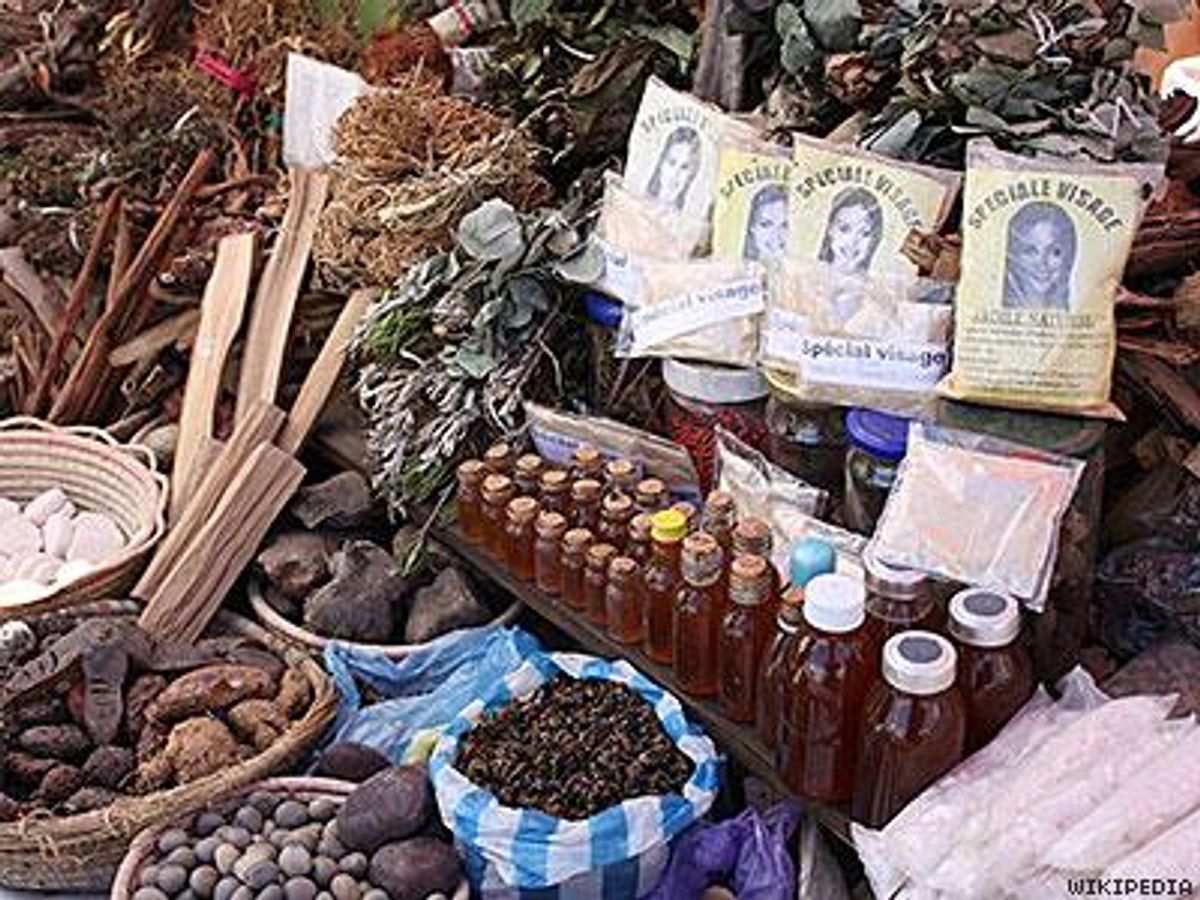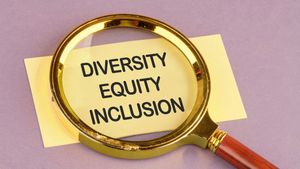Ayurvedic Medicine
This traditional system of healing arts originated in India and involves using preparations of spices, herbs, vitamins, proteins, minerals, and metals. Unfortunately, Ayurvedic products are generally not reviewed or approved by the Food and Drug Administration. There’s also little or no research into how these preparations interact with HIV meds.
Traditional Chinese Medicine
Few studies on the effectiveness of using these herbal remedies to treat HIV have been published by peer-reviewed medical journals. One published in 2014, concluded they “could increase survival and lengthen the life span of people living with HIV,” but with too many unknowns about the interactions between herbal medications and HIV drugs, “could” help isn’t worth the risk.
Reiki
According to the National Institutes of Health, the few studies that have been done on this therapy that purports to move the body’s energies to improve health has been poorly structured and failed to show any positive health outcome. Bottom line: “Reiki hasn’t been clearly shown to be useful for any health-related purpose.”
Juicing
Some poz folks rely on liquid diets because they have difficulty chewing or digesting whole foods. There’s no scientific evidence that juice cleanses and liquid-only “detox” diets that offer quick weight loss or claim to flush out toxins actually work. But they can be downright dangerous for those with HIV because they don’t provide enough protein and other nutrients to maintain health.
Homeopathy
Homeopathic remedies are prepared from diluted extracts of animal, plant, and mineral substances. Several clinical trials in Europe suggest that they shouldn’t be dangerous. But there are no studies on using homeopathy to treat HIV.






































































